Home / trending / Shivankita Dixit Targeted in 'Digital Arrest' Scam: A Wake-Up Call for Cyber Safety
Shivankita Dixit Targeted in 'Digital Arrest' Scam: A Wake-Up Call for Cyber Safety
By: My India Times
2 minutes read 115Updated At: 2024-12-06

Agra, Uttar Pradesh, became the center of a troubling cybercrime story when Shivankita Dixit, former Femina Miss India 2017 contestant, fell victim to a high-stakes online scam. This incident sheds light on how sophisticated and manipulative cybercriminals have become in exploiting individuals’ trust and fear.
The Deceptive Call: How the Scam Began
It started with a WhatsApp video call from fraudsters posing as officials from the Central Bureau of Investigation (CBI). With an air of authority, they accused Shivankita of being linked to heinous crimes such as money laundering and human trafficking. Claiming her bank account was involved in illegal transactions, they pressed her to act swiftly to avoid arrest.
To build credibility, the scammers simulated a hierarchical call transfer system, connecting her with "higher officers." This tactic reinforced the legitimacy of their claims and increased the psychological pressure on Shivankita.
Fear as a Weapon: The Payment Demand
The fraudsters demanded ₹99,000 as a "security deposit" to halt her impending arrest. Overwhelmed and intimidated, Shivankita complied, transferring the amount. Only after consulting with her family did she realize she had been scammed.
Swift Action: Filing an FIR
Determined to fight back, Shivankita and her family approached Agra’s cybercrime cell and lodged a formal complaint. Authorities have since launched an investigation to track the perpetrators and unravel the network behind this alarming scheme.
Digital Scams: A Growing Menace in India
Cyber fraud in India has seen an alarming rise, with criminals adopting increasingly sophisticated tactics. From impersonating government officials to creating realistic scenarios through technology, scammers exploit fear and urgency to target victims. Incidents like this one underline the critical need for awareness and caution in the digital landscape.
How to Stay Safe from Cyber Scams
Verify Caller Claims:
Always double-check the credentials of anyone claiming to represent government agencies. Genuine officials do not demand payments via WhatsApp or video calls.
Pause Before Acting:
Avoid making decisions under pressure. Scammers use urgency as a tactic to prevent victims from thinking clearly.
Safeguard Your Data:
Never share sensitive information like bank account details or personal identification numbers over the phone or online.
Report Fraudulent Activities:
If you suspect foul play, report it immediately to your local cybercrime cell or through government-backed helplines.
Awareness Is Key: Educating the Public on Cyber Safety
Shivankita’s experience has sparked discussions on the importance of digital literacy. Government agencies and cybersecurity experts emphasize the need for regular awareness campaigns to educate the public on recognizing and avoiding such scams. This case serves as a stark reminder of the vulnerabilities individuals face in an increasingly connected world.
Conclusion: A Lesson in Vigilance
This incident is more than a personal tragedy—it’s a call to action for everyone navigating the digital age. Staying informed, questioning suspicious requests, and reporting fraudulent activities are steps we must all take to protect ourselves and others.
By fostering a culture of digital awareness and caution, we can collectively combat the rising tide of cybercrime and create a safer online environment for all.
....Agra, Uttar Pradesh, became the center of a troubling cybercrime story when Shivankita Dixit, former Femina Miss India 2017 contestant, fell victim to a high-stakes online scam. This incident sheds light on how sophisticated and manipulative cybercriminals have become in exploiting individuals’ trust and fear.
The Deceptive Call: How the Scam Began
It started with a WhatsApp video call from fraudsters posing as officials from the Central Bureau of Investigation (CBI). With an air of authority, they accused Shivankita of being linked to heinous crimes such as money laundering and human trafficking. Claiming her bank account was involved in illegal transactions, they pressed her to act swiftly to avoid arrest.
To build credibility, the scammers simulated a hierarchical call transfer system, connecting her with "higher officers." This tactic reinforced the legitimacy of their claims and increased the psychological pressure on Shivankita.
Fear as a Weapon: The Payment Demand
The fraudsters demanded ₹99,000 as a "security deposit" to halt her impending arrest. Overwhelmed and intimidated, Shivankita complied, transferring the amount. Only after consulting with her family did she realize she had been scammed.
Swift Action: Filing an FIR
Determined to fight back, Shivankita and her family approached Agra’s cybercrime cell and lodged a formal complaint. Authorities have since launched an investigation to track the perpetrators and unravel the network behind this alarming scheme.
Digital Scams: A Growing Menace in India
Cyber fraud in India has seen an alarming rise, with criminals adopting increasingly sophisticated tactics. From impersonating government officials to creating realistic scenarios through technology, scammers exploit fear and urgency to target victims. Incidents like this one underline the critical need for awareness and caution in the digital landscape.
How to Stay Safe from Cyber Scams
Verify Caller Claims:
Always double-check the credentials of anyone claiming to represent government agencies. Genuine officials do not demand payments via WhatsApp or video calls.
Pause Before Acting:
Avoid making decisions under pressure. Scammers use urgency as a tactic to prevent victims from thinking clearly.
Safeguard Your Data:
Never share sensitive information like bank account details or personal identification numbers over the phone or online.
Report Fraudulent Activities:
If you suspect foul play, report it immediately to your local cybercrime cell or through government-backed helplines.
Awareness Is Key: Educating the Public on Cyber Safety
Shivankita’s experience has sparked discussions on the importance of digital literacy. Government agencies and cybersecurity experts emphasize the need for regular awareness campaigns to educate the public on recognizing and avoiding such scams. This case serves as a stark reminder of the vulnerabilities individuals face in an increasingly connected world.
Conclusion: A Lesson in Vigilance
This incident is more than a personal tragedy—it’s a call to action for everyone navigating the digital age. Staying informed, questioning suspicious requests, and reporting fraudulent activities are steps we must all take to protect ourselves and others.
By fostering a culture of digital awareness and caution, we can collectively combat the rising tide of cybercrime and create a safer online environment for all.
By: My India Times
Updated At: 2024-12-06
Tags: trending News | My India Times News | Trending News | Travel News
Join our WhatsApp Channel

Similiar News

US Supreme Court Rejects 26/11 Accused Tahawwur Rana’s Plea to Block Extradition to India
2025-03-08
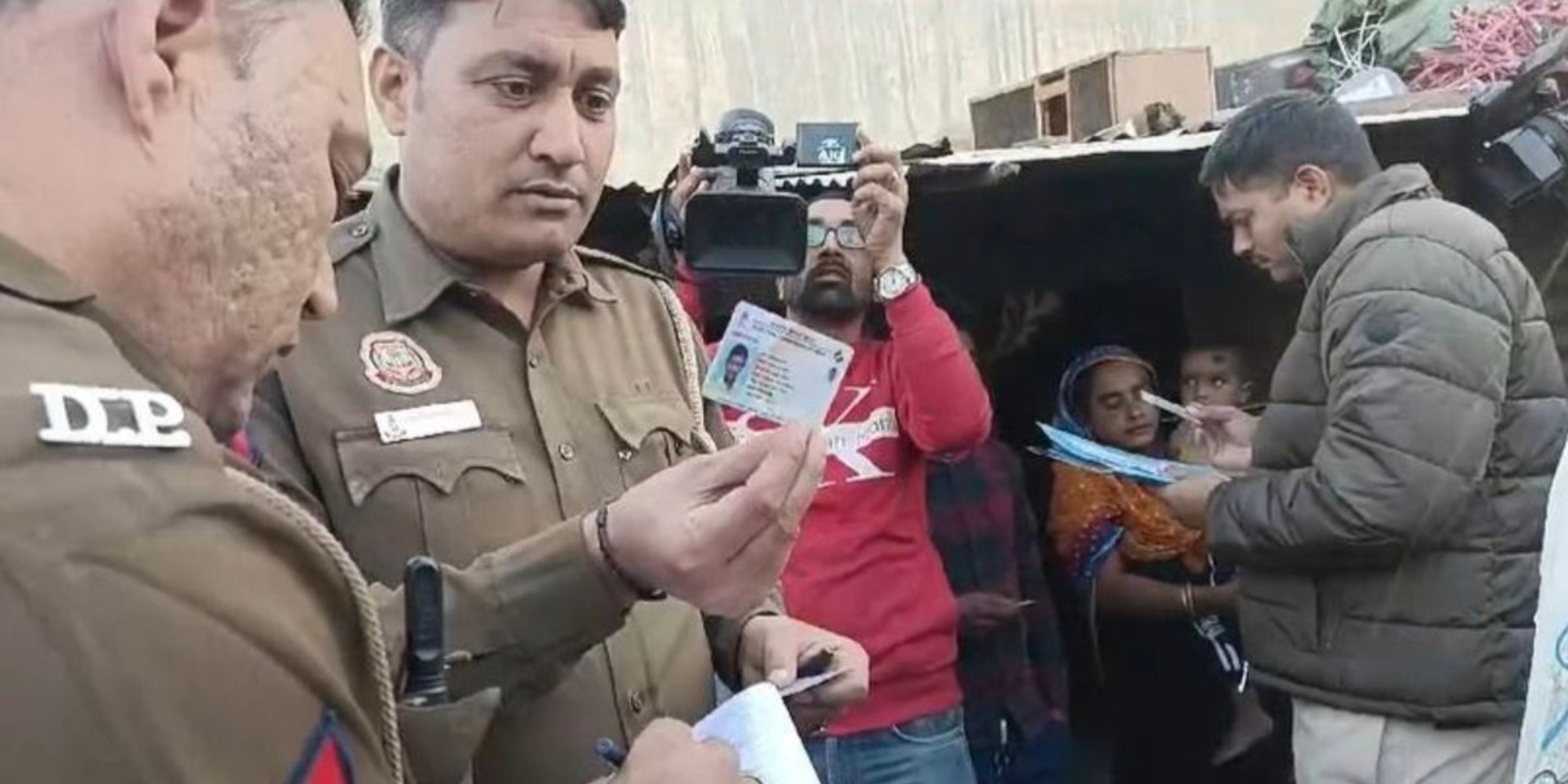






















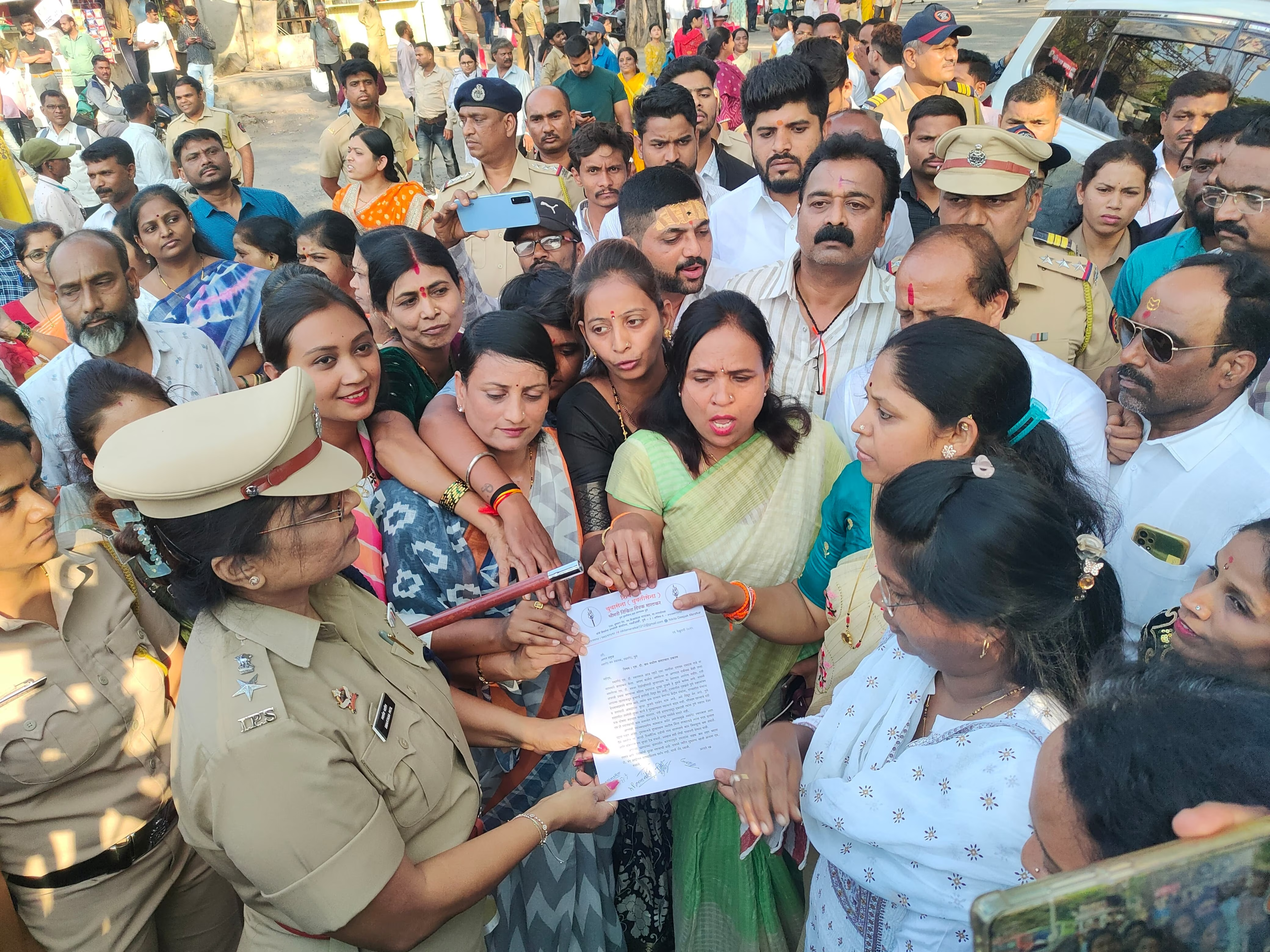





















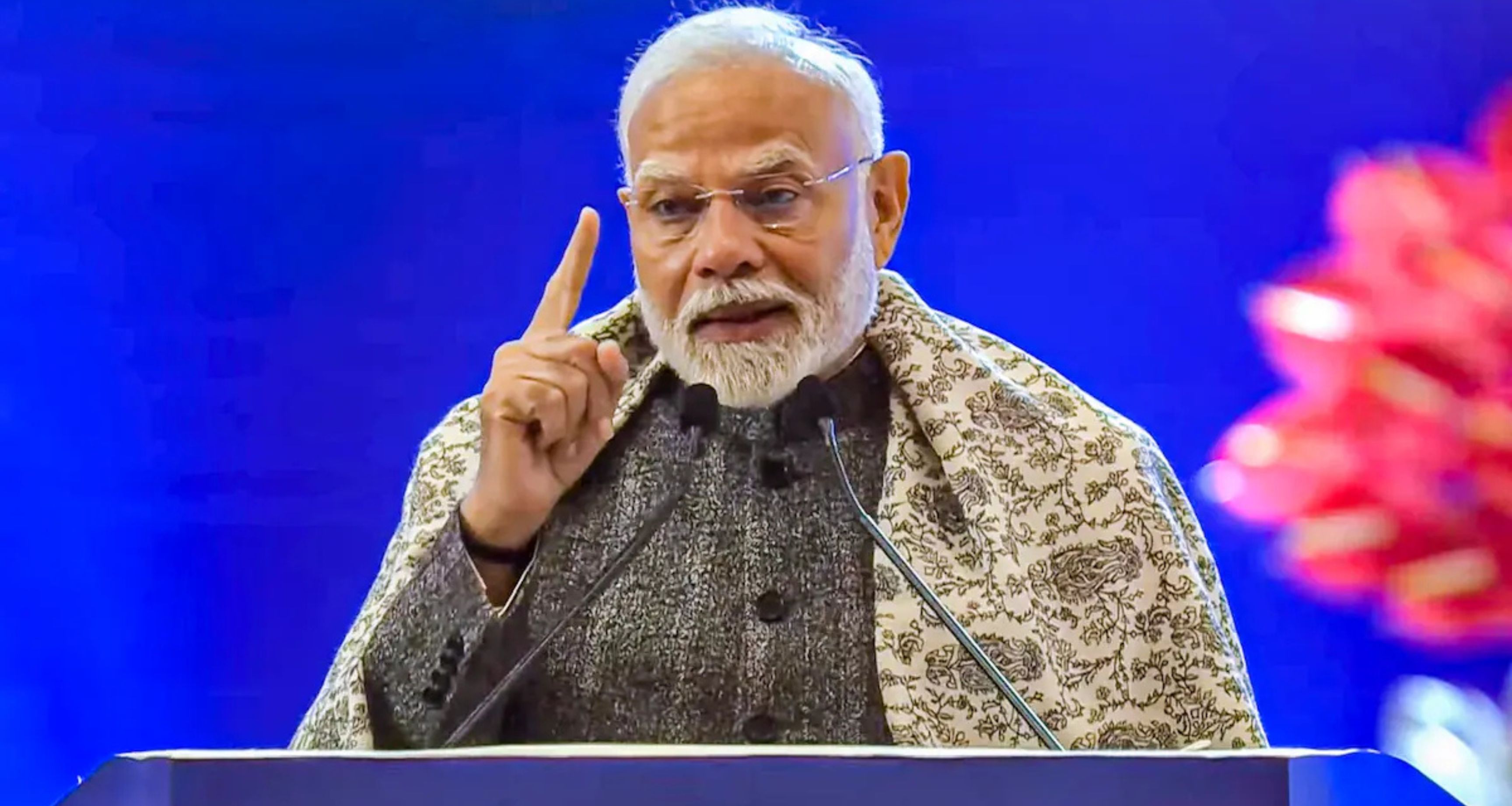
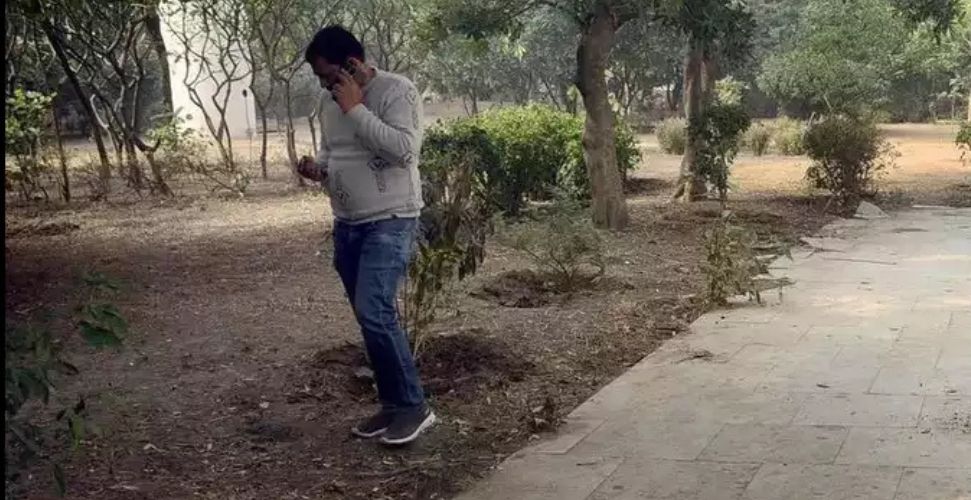


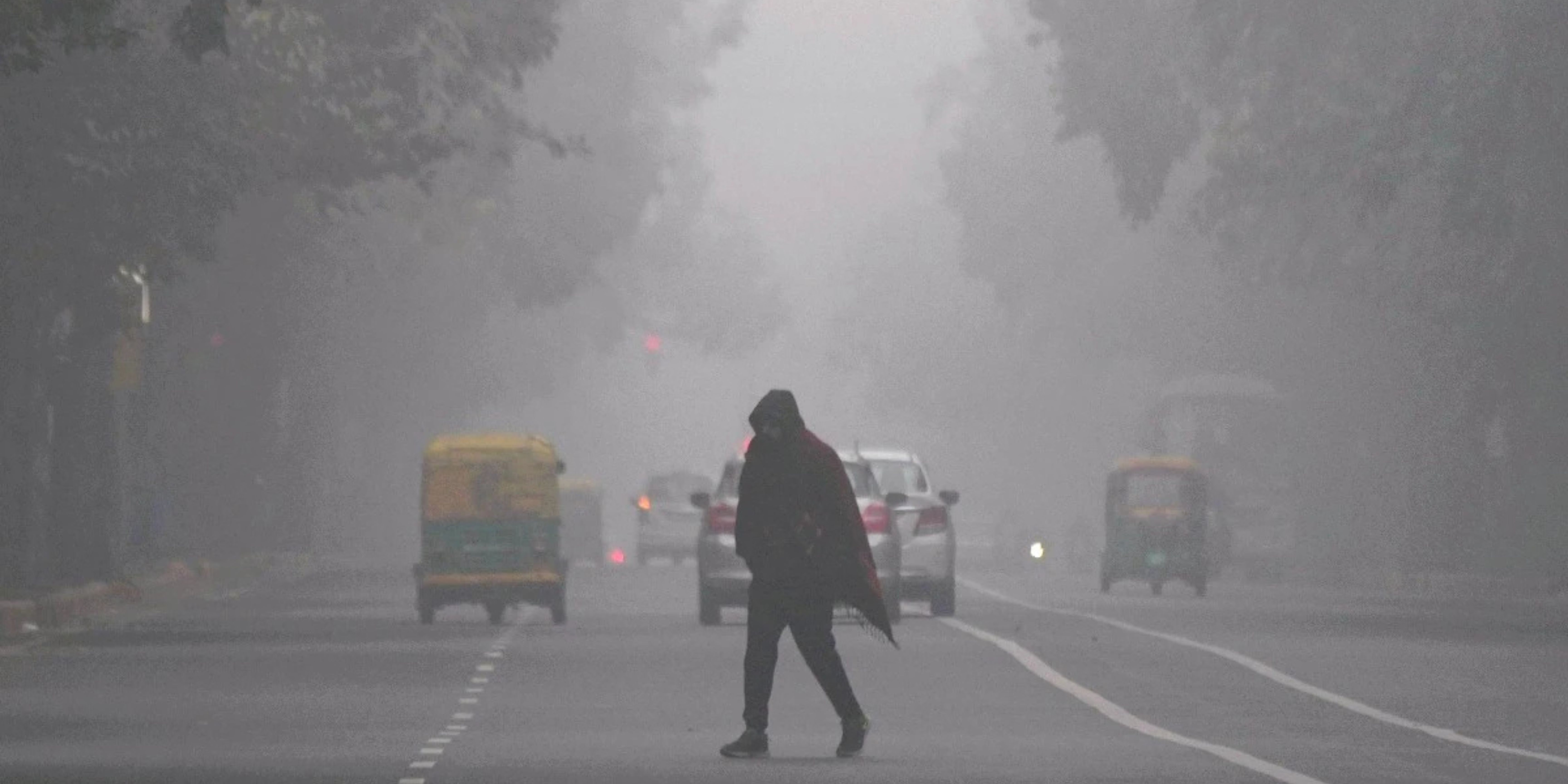




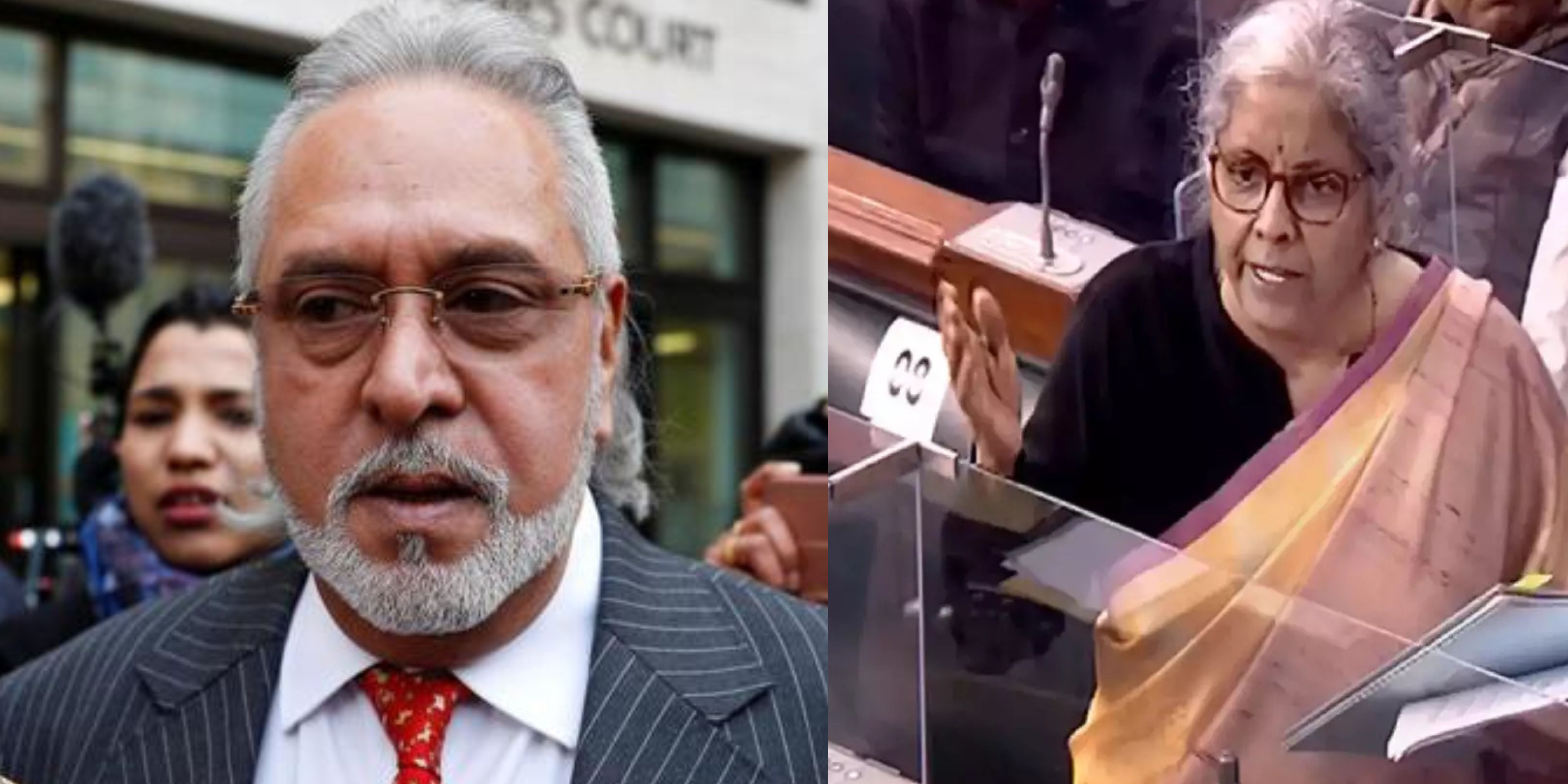


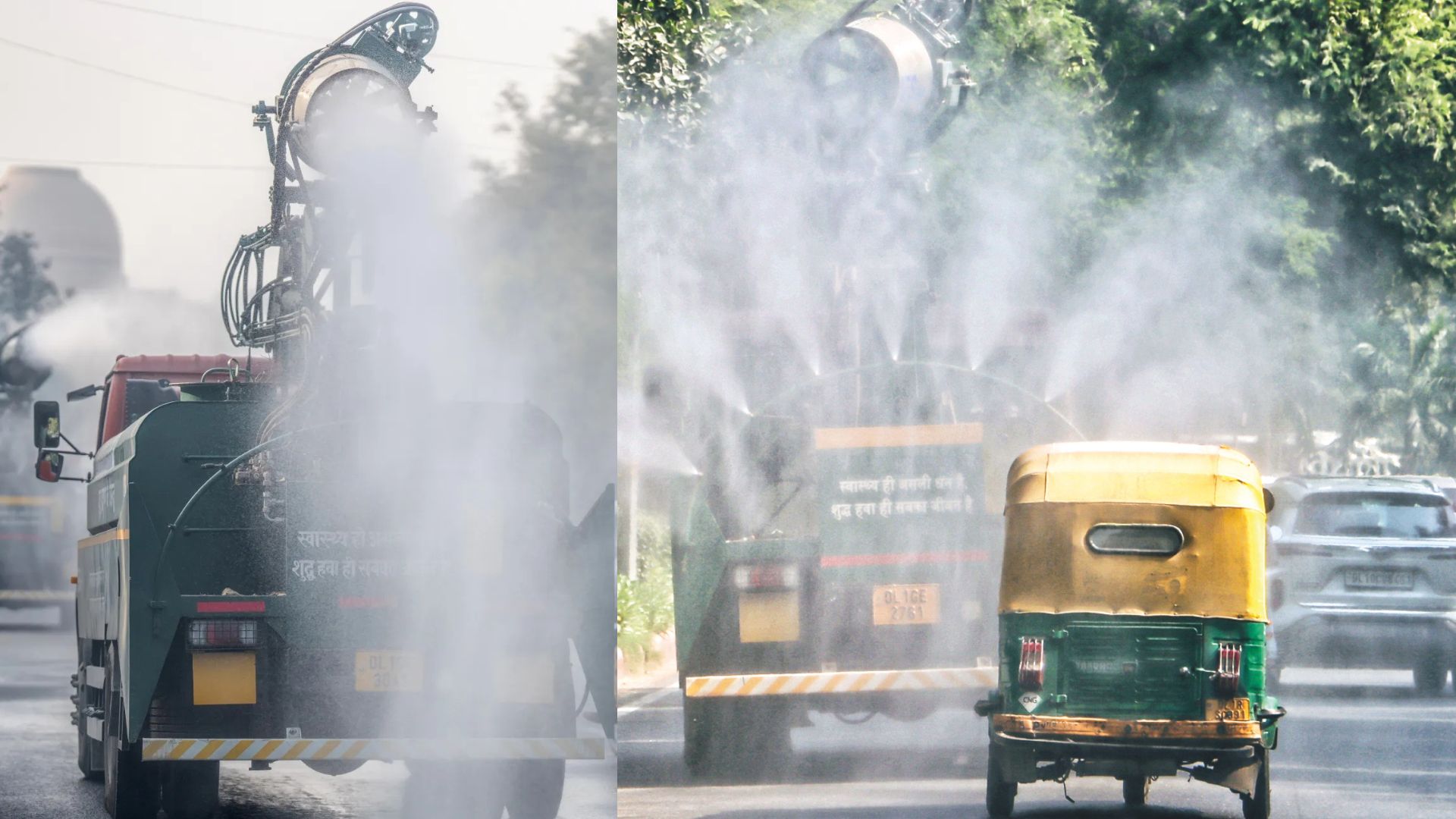





.jfif)
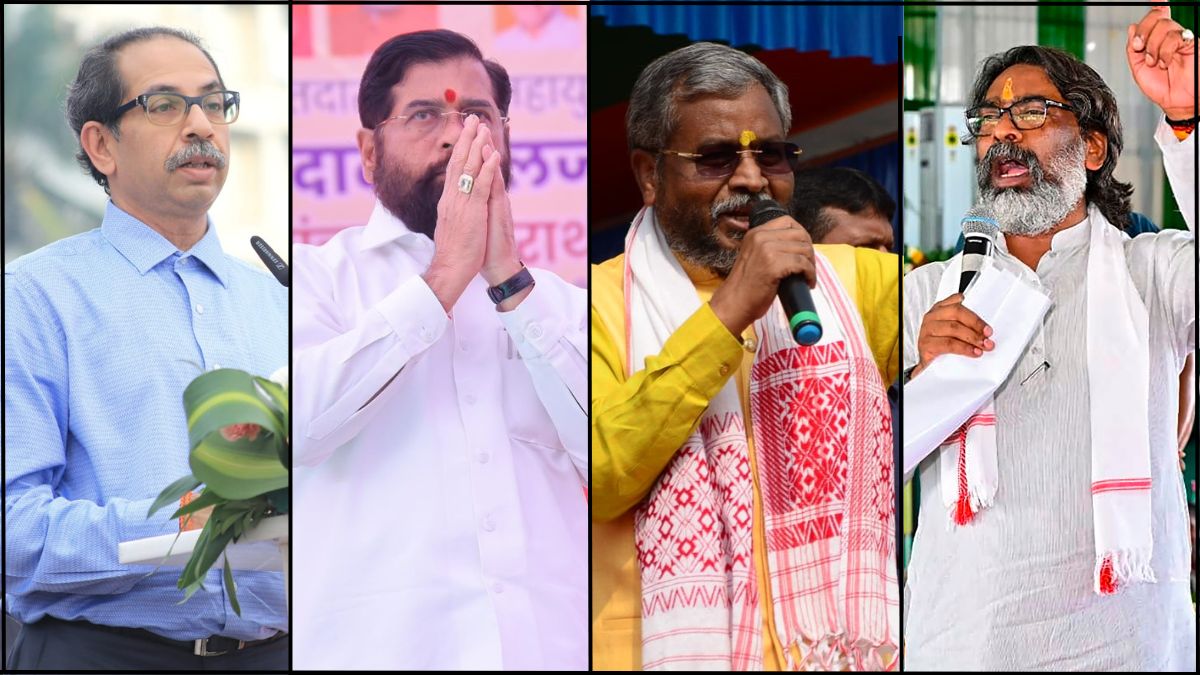




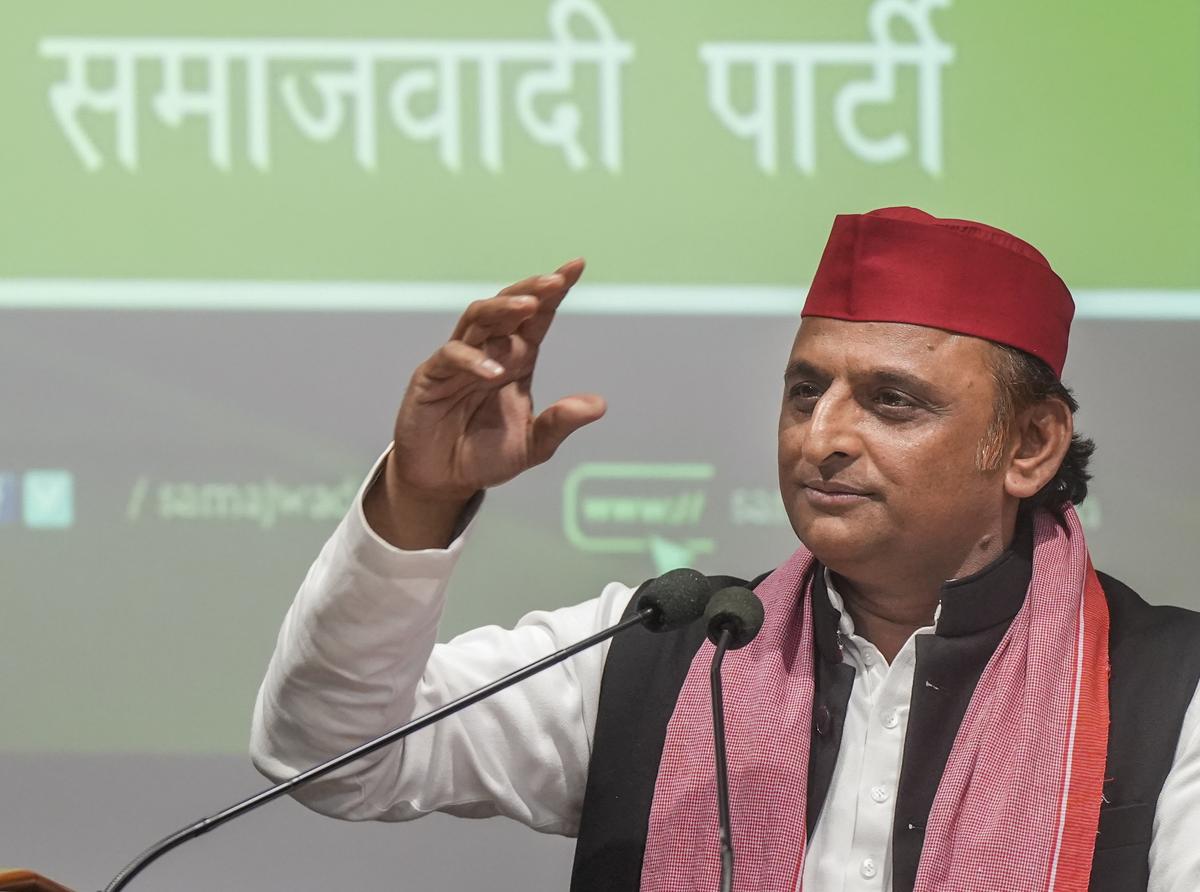



.jpg)






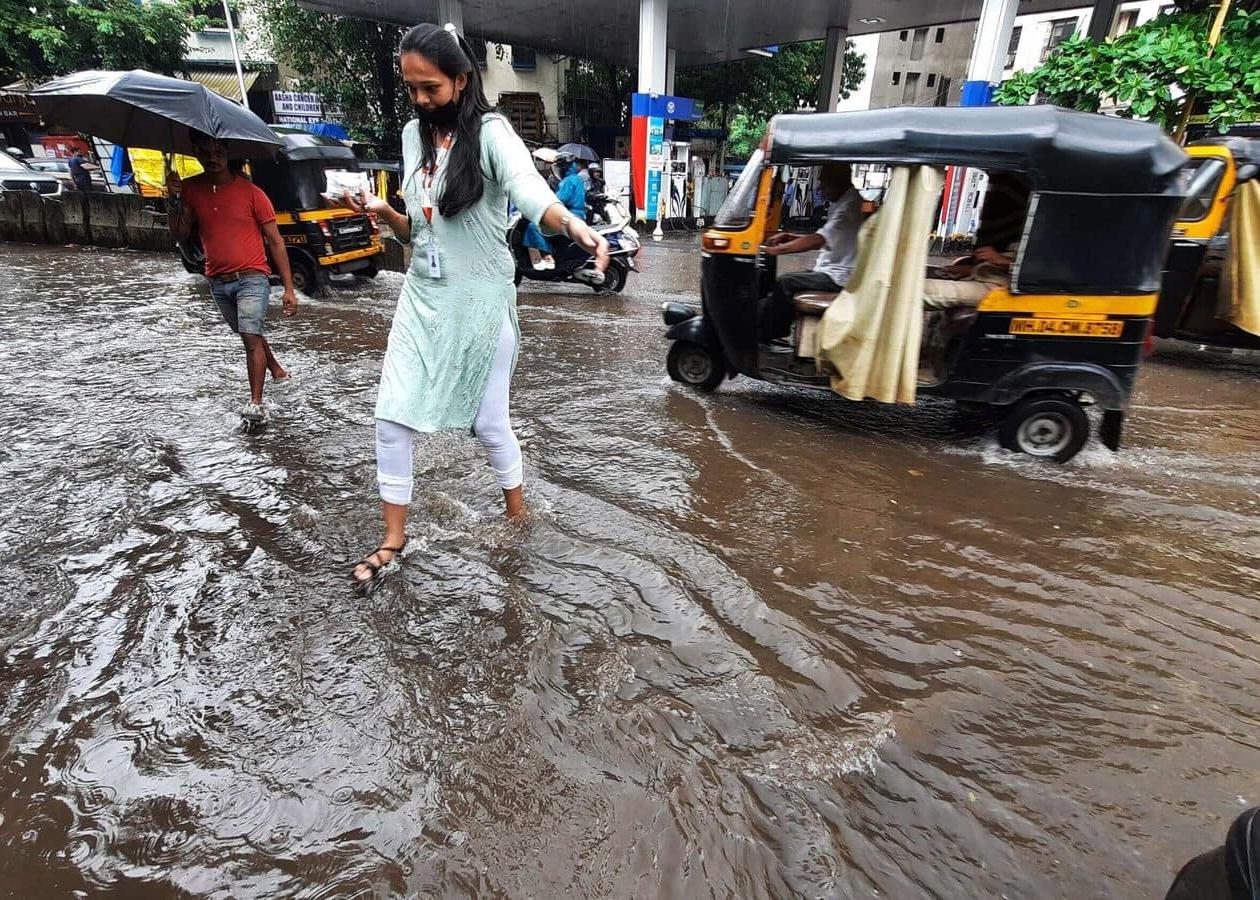




























































































.png)
 (1).png)























